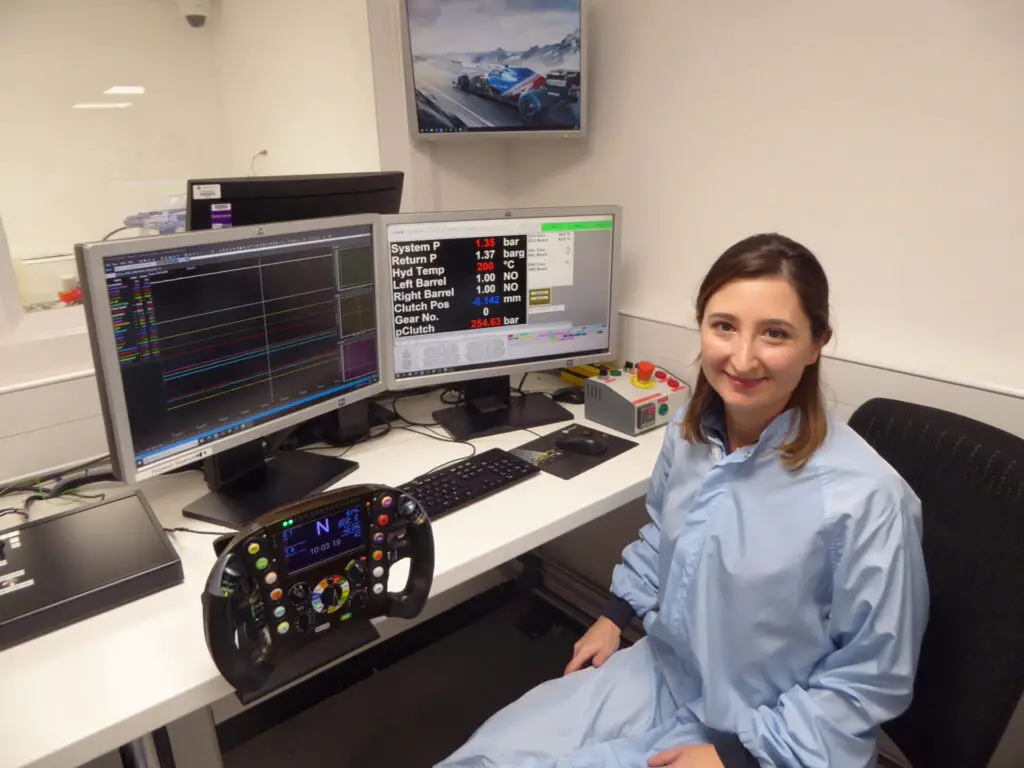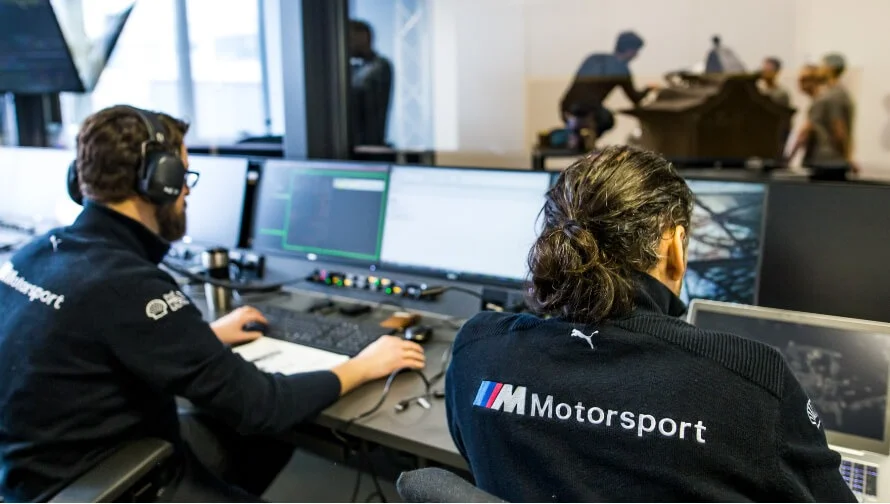Formula One racing is a sport that requires a unique combination of speed, skill, and technology. One of the key components of modern Formula One technology is the work of an F1 Simulation Engineer.
Simulation engineers are responsible for developing and refining the computer models that allow teams to test and optimize their cars before they hit the track. The job of a Formula One simulation engineer is to use advanced computer modeling techniques to simulate the behavior of a Formula One car under a wide range of conditions.
This involves creating complex mathematical models of the car, including its aerodynamics, suspension, and engine performance. Simulation engineers must also take into account the characteristics of the track, such as its surface, curvature and elevation changes.
Qualifications To Become an F1 Simulation Engineer

To become a simulation engineer in Formula One racing, you need to have a strong background in mathematics, physics, and computer science.
Many simulation engineers hold advanced degrees in these fields, such as a Master’s or PhD. Additionally, experience in computational fluid dynamics (CFD) or finite element analysis (FEA) is highly desirable. Simulation engineers also need to have excellent analytical and problem-solving skills.
They must be able to interpret large amounts of data and identify patterns and trends that can help improve the performance of the car.
To become a simulation engineer, you need to have a strong background in mathematics, physics, and computer science, as well as excellent analytical and problem-solving skills.
They must also be able to work well under pressure and be able to communicate their findings effectively to the rest of the team. Simulation engineers play a critical role in the success of a Formula One team.
What Do F1 Simulation Engineers Do?
By using computer models to simulate the behavior of the car, they can identify areas where improvements can be made and test different configurations and setups before they are used in a real race.
This can save teams valuable time and resources, and help them stay ahead of the competition. In addition to developing and refining computer models, simulation engineers also work closely with other members of the team, including the drivers, mechanics, and aerodynamicists.
They use their expertise to help identify areas where the car can be optimized for maximum performance, and they provide valuable feedback and insights to the rest of the team. In conclusion, simulation engineers play a vital role in Formula One racing.
They are responsible for developing and refining the computer models that allow teams to test and optimize their cars before they hit the track.
If you have what it takes, a career in Formula One simulation engineering can be both challenging and rewarding.
F1 Simulation Engineers Salary
Possible ranges for the annual salary
$60,000 – $120,000
These are only rough estimates and may not reflect the actual salary in F1. The salary may also depend on other factors such as bonuses, incentives, and benefits.
Other Exciting Opportunities in F1
- Aerodynamics Engineer
- Electronics Engineer
- F1 Simulation Engineers
- F1 Design Engineers
- Performance Engineer
- Powertrain Engineer
- Reliability Engineer
- Strategy Engineers
- Software Engineer
- Test Engineers
- Tire Engineer
- Race Engineer

